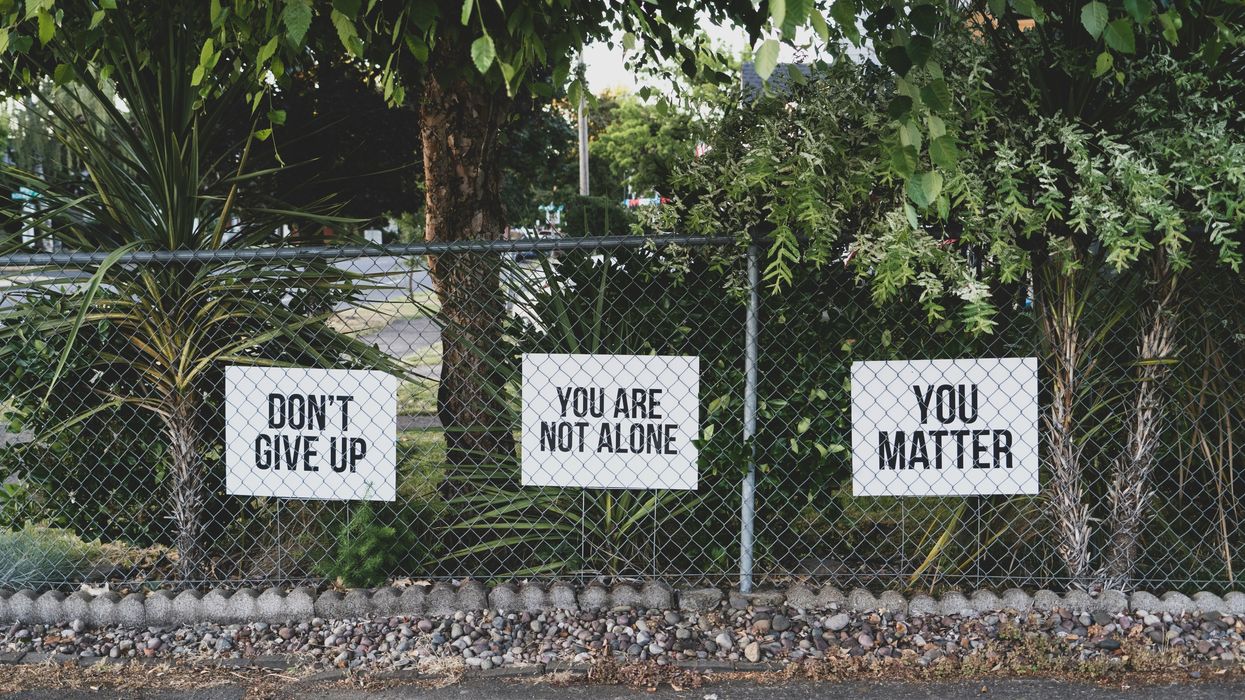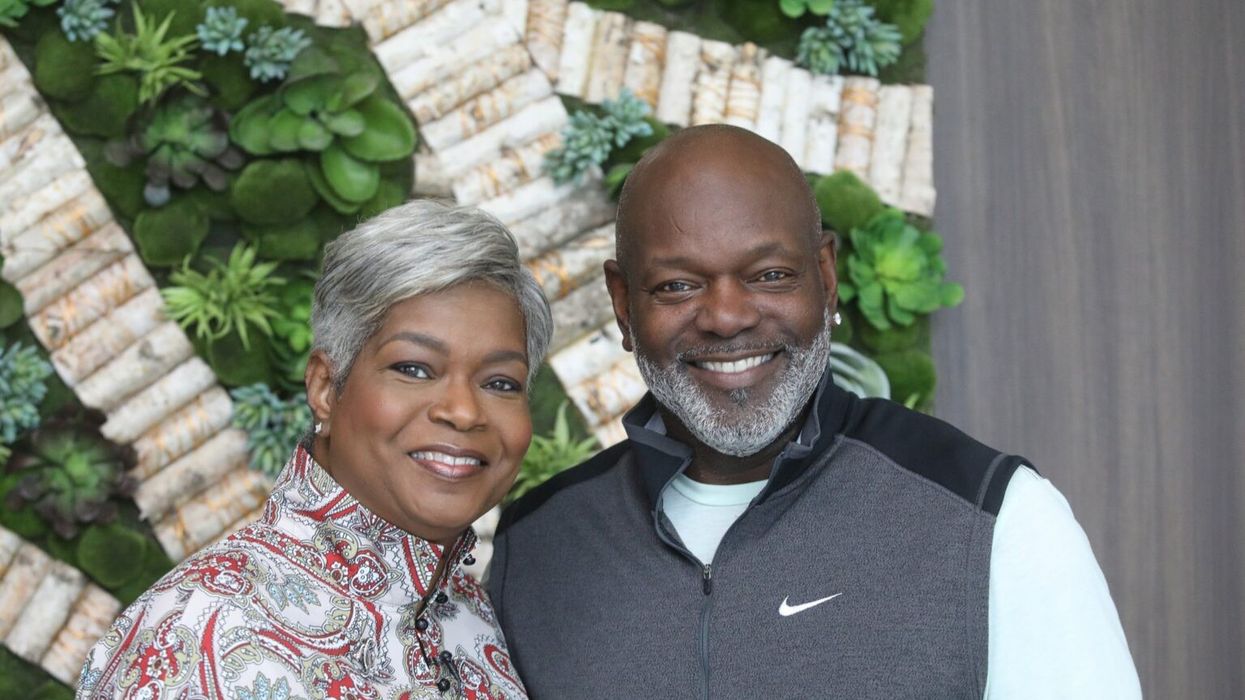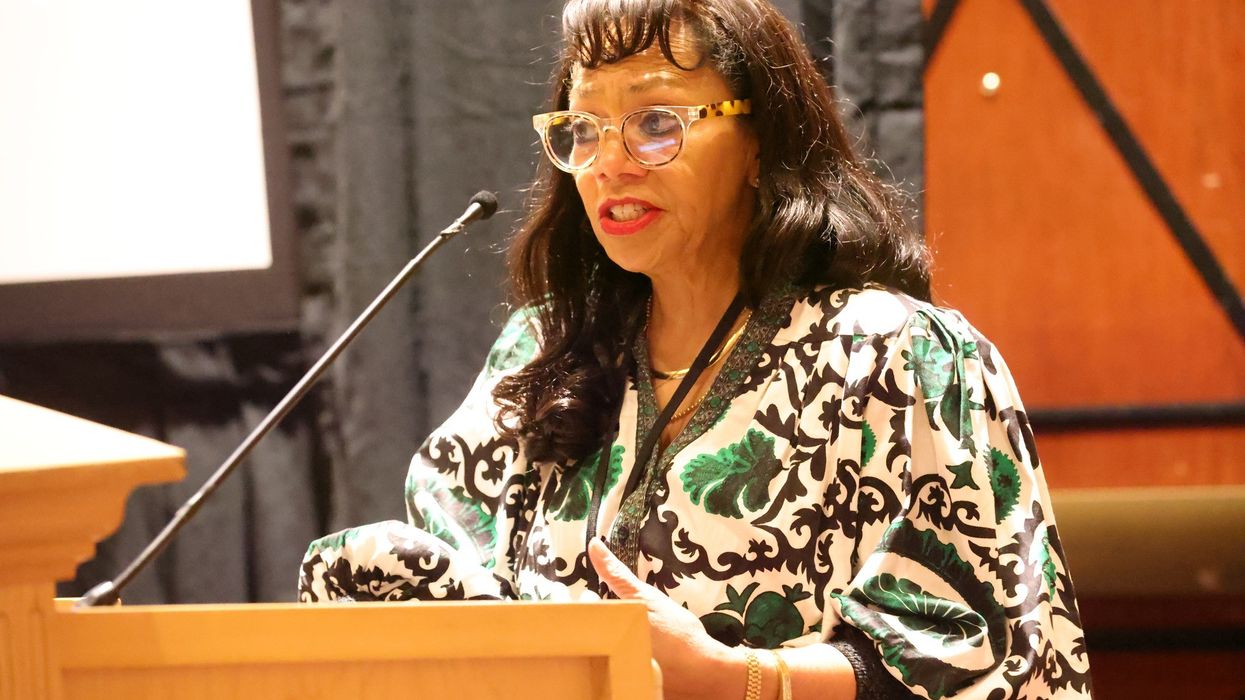- 988 Suicide & Crisis Lifeline: Dial or text 988 to connected with trained counselors who can provide immediate support and resources.
- Crisis Text Line: Text HOME to 741741 to connect with a trained crisis counselor who can offer support via text.
Suicide Prevention Month, observed every September, is a time dedicated to raising awareness about suicide, promoting prevention strategies, and supporting those affected by suicide. Suicide is a global public health crisis that touches families and communities everywhere. By bringing attention to the issue, September provides an opportunity for education, outreach, and hope for those struggling.
The History of Suicide Prevention Month
Suicide Prevention Month began as part of a broader movement to address the growing concern over suicide rates worldwide. The World Health Organization (WHO) estimates that nearly 800,000 people die by suicide each year, a devastating statistic that highlights the urgent need for action.
- National Suicide Prevention Week (NSPW)
Suicide Prevention Month in the United States originated from National Suicide Prevention Week (NSPW), which is always observed during the second full week of September. NSPW is organized by the American Association of Suicidology (AAS), an organization that has been at the forefront of suicide research and prevention efforts since its founding in 1968. NSPW was established to encourage discussions on suicide prevention in schools, workplaces, and communities, aiming to create a supportive environment for those at risk of suicide. - World Suicide Prevention Day (WSPD)
In addition to the national observance, World Suicide Prevention Day (WSPD) is marked every year on September 10th. WSPD, initiated by the International Association for Suicide Prevention (IASP) and endorsed by the WHO, is a global event aimed at bringing international attention to suicide prevention. The theme often focuses on collaboration, community support, and promoting hope, uniting people around the world in solidarity against suicide. The first WSPD was observed in 2003, and since then, it has expanded into a crucial part of September’s overall focus on suicide prevention.
The Importance of Suicide Prevention Month
Suicide is a complex issue influenced by multiple factors, including mental health conditions, trauma, isolation, and environmental stressors. Suicide Prevention Month serves a vital role in addressing the issue for several reasons:
- Reducing Stigma
Mental health issues and suicide are often stigmatized, preventing many individuals from seeking help. According to the American Foundation for Suicide Prevention (AFSP), fear of judgment, shame, and misunderstanding can keep people silent about their struggles. Suicide Prevention Month challenges these barriers by encouraging open conversations about mental health and suicide, emphasizing that seeking help is a sign of strength rather than weakness. - Raising Awareness and Education
One of the main objectives of Suicide Prevention Month is to raise awareness about the warning signs of suicide and how to intervene. Educating the public on recognizing behaviors like withdrawal from social activities, mood changes, or talking about death can save lives. AFSP and other organizations disseminate information on how to have compassionate, supportive conversations with those at risk. Understanding suicide prevention strategies empowers individuals and communities to take proactive steps to protect those in need. - Fostering Support and Building Networks
Community involvement is essential for suicide prevention. Events such as Out of the Darkness Walks, organized by AFSP, provide spaces for people to come together to support one another, share stories, and fundraise for suicide prevention research and programs. These events, held across the United States during Suicide Prevention Month, aim to reduce isolation and foster a sense of connection for those who may be struggling or grieving the loss of a loved one to suicide.
How to Get Help
If you or someone you know is struggling with thoughts of suicide, it’s critical to understand that help is available. Suicide is preventable, and seeking assistance is the first step toward recovery.
- Hotlines and Crisis Text Lines
For those in immediate danger or emotional distress, national hotlines provide free, confidential support 24/7:- 988 Suicide & Crisis Lifeline: Launched in July 2022, dialing or texting 988 connects individuals with trained counselors who can provide immediate support and resources.
- Crisis Text Line: Text HOME to 741741 to connect with a trained crisis counselor who can offer support via text.
- Therapy and Counseling
Long-term solutions for suicide prevention often involve mental health treatment. Therapy, including cognitive-behavioral therapy (CBT) and dialectical behavior therapy (DBT), has been shown to reduce suicidal thoughts and behaviors. Licensed mental health professionals, including psychologists, psychiatrists, and social workers, can help individuals understand the underlying causes of suicidal thoughts and develop strategies for coping. - Safety Planning
A safety plan is a personalized, practical plan developed with the help of a mental health professional. It outlines steps an individual can take during a crisis to stay safe, including identifying warning signs, coping strategies, and emergency contacts. Having a safety plan in place can provide structure and guidance during moments of emotional distress. - Support Groups and Peer Support
Many people find solace in connecting with others who have faced similar experiences. Peer support groups for those struggling with suicidal thoughts or who have lost someone to suicide offer a space for understanding, encouragement, and healing. Organizations like the American Association of Suicidology (AAS) provide resources and information on finding or starting a support group in your community. - Building a Support Network
Maintaining strong social connections can reduce feelings of isolation and hopelessness, both of which are significant risk factors for suicide. Suicide Prevention Month encourages individuals to reach out to friends, family, or professional networks for support. Whether through a brief check-in or a deep conversation, these interactions can be lifesaving.
Suicide Prevention Month is an essential observance that brings attention to a critical public health issue. By reducing stigma, raising awareness, and providing resources, it empowers individuals to take action—whether for themselves or for others. If you or someone you know is struggling with thoughts of suicide, remember that you are not alone, and help is available. Suicide is preventable, and reaching out for support can make a difference.
Sources:
- American Foundation for Suicide Prevention. (n.d.). Suicide Statistics. Retrieved from AFSP.org
- World Health Organization. (n.d.). Suicide. Retrieved from WHO.int
- International Association for Suicide Prevention. (n.d.). World Suicide Prevention Day. Retrieved from IASP.info
- American Association of Suicidology. (n.d.). National Suicide Prevention Week. Retrieved from suicidology.org
- Substance Abuse and Mental Health Services Administration (SAMHSA). (n.d.). 988 Suicide & Crisis Lifeline. Retrieved from SAMHSA.gov









 Karla Mingo believes that her greatest gift as a cancer survivor is the ability to live with gratitude and thankfulness.
Karla Mingo believes that her greatest gift as a cancer survivor is the ability to live with gratitude and thankfulness.





 Dr. Cary S. Kaufman teaches the "Essentials of Oncoplastic Surgery" course through the National Consortium of Breast Centers, providing breast surgeons around the world with advanced techniques for optimal breast surgery outcomes.
Dr. Cary S. Kaufman teaches the "Essentials of Oncoplastic Surgery" course through the National Consortium of Breast Centers, providing breast surgeons around the world with advanced techniques for optimal breast surgery outcomes.